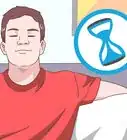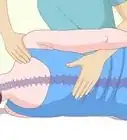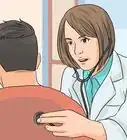This article was co-authored by Alyssa Chang. Alyssa Chang is a nutrition coach and trainer, based in the San Francisco Bay Area. She uses her extensive background in brain-based neuroscience to work with clients on improving their connections with their brain and body to heal, reach goals, and move pain-free. She holds a BS in Kinesiology and Exercise, Nutrition and Wellness from the California State University, East Bay and is certified in Precision Nutrition, Z-health Performance and is certified by the National Council for Strength and Fitness.
This article has been viewed 10,835 times.
Losing weight can be challenging, especially if you start to feel side-effects from your efforts. A lot of people who cut back on calories experience headaches. If that’s a problem for you, take a look at your eating habits. You can prevent weight loss headaches by never skipping meals, establishing healthy eating patterns, and making sure that you choose healthy foods. Cutting back on processed foods and staying hydrated can also help. The stress of trying to lose weight might also give you headaches, so take steps to help yourself relax. Weight loss is a journey, but you can do it in a way that is both healthy and effective.
Steps
Sticking to a Healthy Eating Schedule
-
1Enjoy breakfast every day. Don’t equate losing weight with skipping meals. You can actually hamper your progress if you don’t eat regularly.[1] Start your day off right by eating a healthy breakfast. It can rev up your metabolism, which can help you lose weight.[2] Choose from healthy options such as:[3]
- Egg whites and veggies
- Whole grain toast with avocado
- Smoothies with fresh fruits and veggies
- Protein-packed Greek yogurt
-
2Eat small, healthy meals to keep your blood sugar level. Headaches can happen when your blood sugar dips too low; that’s especially common if you don’t eat regularly. To prevent headaches, aim to eat 4-5 small meals per day. Alternatively, you can eat 3 meals with healthy snacks in between. The key is to make sure that you make healthy choices for each meal and snack.[4]
- Aim to get several servings of fresh fruits and vegetables each day.
- Choose healthy proteins, such as nuts, lean meats, and legumes.
- A healthy snack might be carrot sticks, a small serving of hummus, and a hard-boiled egg.
- A good dinner could be a mixed green salad, grilled fish, and sweet potato.
Advertisement -
3Plan meals ahead of time to avoid temptation. If you wait until you’re really hungry to eat, you might develop a headache. That can cause you to feel cranky, and you’ll find yourself reaching for comfort food instead of making healthy choices. Planning ahead of time can also ensure that you have easy access to healthy food.[5]
- Try sitting down during the weekend and planning your meals and snacks. You can also do as much prep work as you can to make the week run smoothly.
- For example, try cooking up a healthy batch of soup on Sunday and portioning that into lunches for the week. You could also wash and cut up all of the fresh fruits and vegetables that you will need for the next few days.
-
4Prioritize proteins and healthy fats over carbs. Carbohydrates can be high in sugars, which can cause hypoglycemia (low blood sugar). To avoid headaches brought on by this, make sure to fill most of your plate with lean proteins and healthy fats. You can save a small portion of your calories for complex carbs, like whole-grain bread, quinoa, and brown rice.
- Eating simple carbs can raise your blood sugar. That, in turn, can cause your body to rapidly produce a lot of insulin, which can then cause your blood sugar to drop very quickly.
- Make sure that each meal and snack includes a protein, such as eggs, low-fat dairy products, chicken, or fish.
- Include a healthy fat every time you eat. Good choices include nut butter, avocados, olive oil, and chia seeds.
-
5Skip late-night snacks. Although it is important to eat frequently, your body needs to give your digestive system a rest. Aim to eat your last meal or snack at night 14-16 hours before you eat breakfast in the morning.[6]
- When you eat later in the evening, your body doesn't have time to fully digest your food before resting. You might not sleep as well, which can cause headaches the next day.
- For example, if you eat breakfast at 8 a.m., try not to eat after 6 p.m. at night.
Avoiding Substances and Foods that Trigger Headaches
-
1Cut back on processed foods. Some evidence suggests that processed foods might be linked to headaches. If you let yourself get too hungry, or you don’t have healthy food available, it’s all too easy to grab processed foods to satiate yourself. Avoid the risk of processed food headaches by eating regular healthy meals and snacks. Avoid processed foods like:[7]
- Lunch meats and hot dogs
- Packaged soups
- Sodas and other sugary beverages
-
2Choose healthy eating instead of fad diets. Fad diets often restrict certain foods or groups of foods. For example, the popular Keto diet might strictly limit the amount of healthy carbs you eat. Other diets, like juice cleanses, might keep you from getting enough protein. In order to avoid headaches, you need to eat a balanced diet.[8]
- Fad diets might also limit you to eating once or twice a day. That can lead to headaches.
- Eat multiple small meals that are full of veggies, healthy fats, and lean proteins.
-
3Talk to your doctor before taking weight loss supplements. Many popular diet pills have ingredients, like conjugated linoleic acid (CLA), that can trigger headaches. Consult your doctor before trying any supplements. They can help you figure out which, if any, are safe for you to use.[9]
- It is generally best to rely on a healthy diet and exercise for weight loss. Your doctor can help you find a plan that works for you.
-
4Use caution when drinking alcohol. It’s best not to drink too much in any case, but it is especially important when you’re trying to lose weight. Not only does alcohol contain empty calories, but you can also get a headache if you drink too much on an empty stomach. If you choose to drink, stick to 1 drink. After that, you can switch to club soda or plain water.[10]
Making Lifestyle Changes to Promote Weight Loss
-
1Drink enough water to stay hydrated. Dehydration can cause headaches, so avoid that by drinking plenty of water every day. Drinking water can also promote weight loss, as it can help you feel full without overeating. Individual needs vary, but in general, aim to drink:[11]
- 15.5 cups (3.7 liters) for men
- 11.5 cups (2.7 liters) for women
- Drink more if you are exercising or outside in warm weather
-
2Get a good night’s sleep. Lack of sleep can cause headaches and other health issues. It might also make you cranky and more likely to reach for unhealthy food choices. Aim to get 7-9 hours of sleep per night. Make it your goal to go to bed and get up at the same time each day, even on weekends.[12]
- Power down electronics at least 1 hour before bedtime.
- To relax, try taking a warm shower or reading a chapter of a book.
-
3Try to exercise each day.[13] Not only does exercise promote weight loss, but it is also linked to reducing headaches. Aim to get at least 30 minutes of exercise each day. Choose an activity that you enjoy, such as hiking, swimming, or dancing. You can add more time to your routine as you become stronger.[14]
- Don’t push yourself too hard during your workouts. If you try to jump right into an intense exercise routine, you risk straining your body.[15] That can lead to dehydration and headaches. Talk to your doctor about an exercise program that is right for you.
-
4Relax to reduce stress and tension headaches. Trying to lose weight can be really stressful. To avoid the headaches that can go along with stress, take time to do something relaxing each day. You might:[16]
- Practice yoga
- Take a long walk
- Spend time with a pet
- Get together with a friend
References
- ↑ Alyssa Chang. Wellness Coach & Personal Trainer. Expert Interview. 16 October 2019.
- ↑ Alyssa Chang. Wellness Coach & Personal Trainer. Expert Interview. 16 October 2019.
- ↑ https://www.helpguide.org/articles/healthy-eating/healthy-eating.htm
- ↑ https://www.helpguide.org/articles/healthy-eating/healthy-eating.htm
- ↑ https://www.cdc.gov/healthyweight/losing_weight/eating_habits.html
- ↑ https://www.helpguide.org/articles/healthy-eating/healthy-eating.htm
- ↑ https://my.clevelandclinic.org/health/articles/9648-headaches-and-food
- ↑ https://migraineagain.com/weight-loss-make-migraines-worse/
- ↑ https://migraineagain.com/weight-loss-make-migraines-worse/
- ↑ https://www.nhs.uk/conditions/low-blood-sugar-hypoglycaemia/
- ↑ https://my.clevelandclinic.org/health/articles/9648-headaches-and-food
- ↑ https://my.clevelandclinic.org/health/articles/9648-headaches-and-food
- ↑ Alyssa Chang. Wellness Coach & Personal Trainer. Expert Interview. 16 October 2019.
- ↑ https://my.clevelandclinic.org/health/articles/9648-headaches-and-food
- ↑ Alyssa Chang. Wellness Coach & Personal Trainer. Expert Interview. 16 October 2019.
- ↑ https://my.clevelandclinic.org/health/articles/9648-headaches-and-food
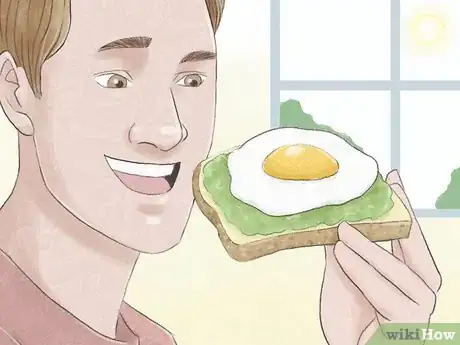

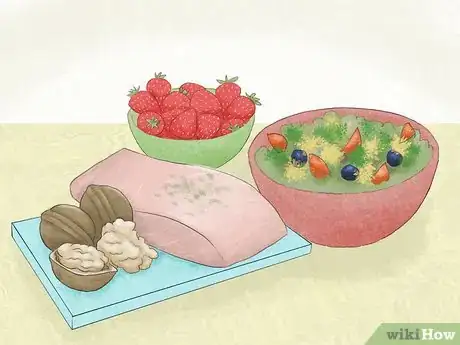
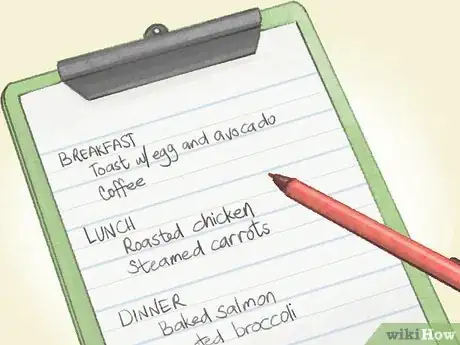
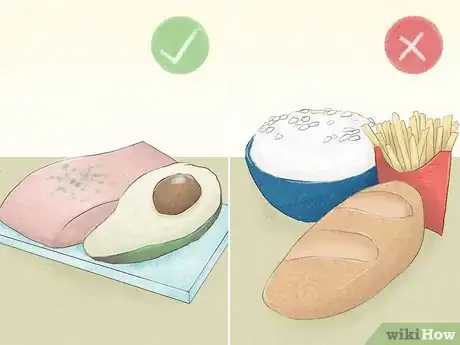
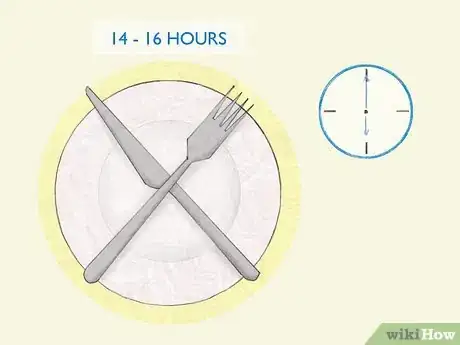
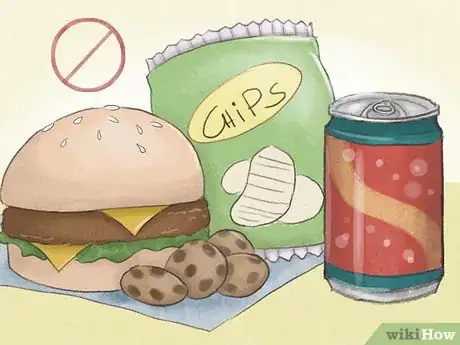
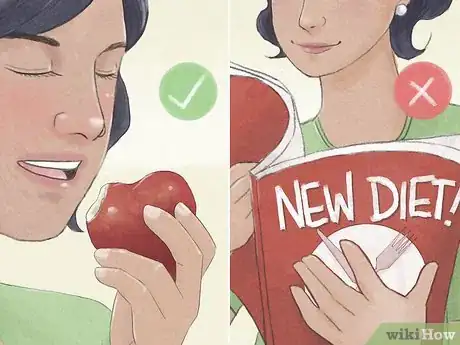
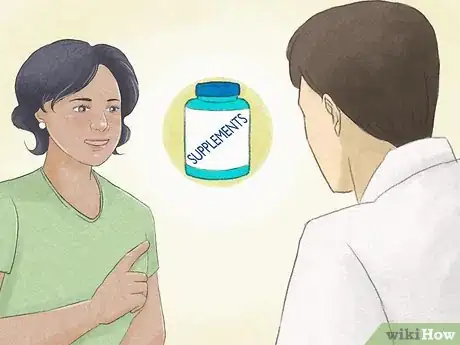
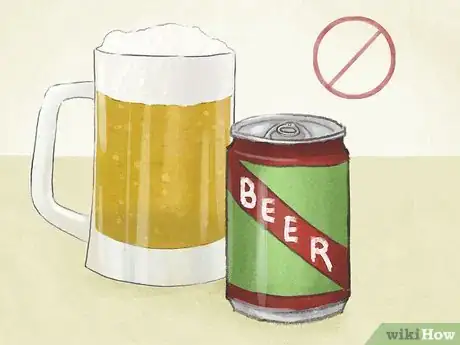
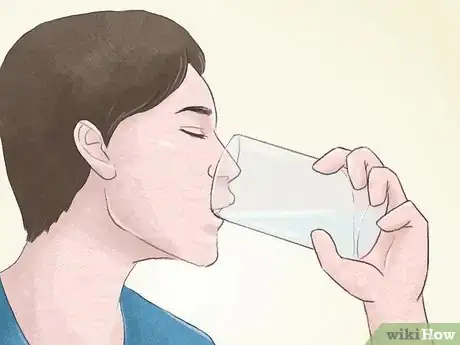
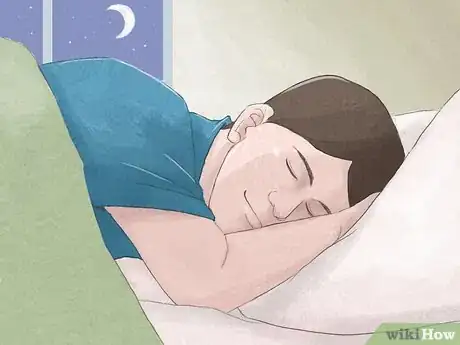
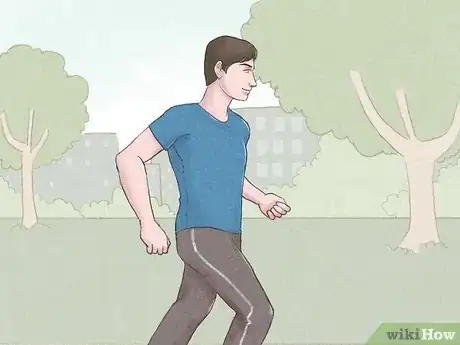


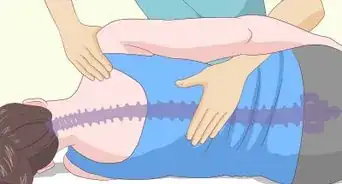
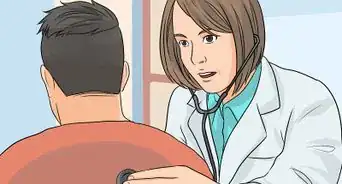


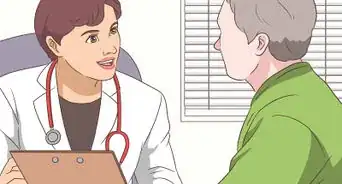

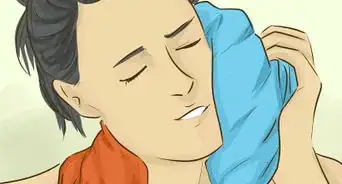



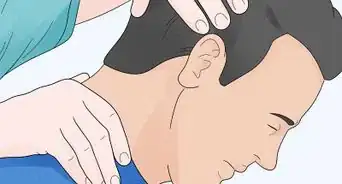

-Step-14.webp)






